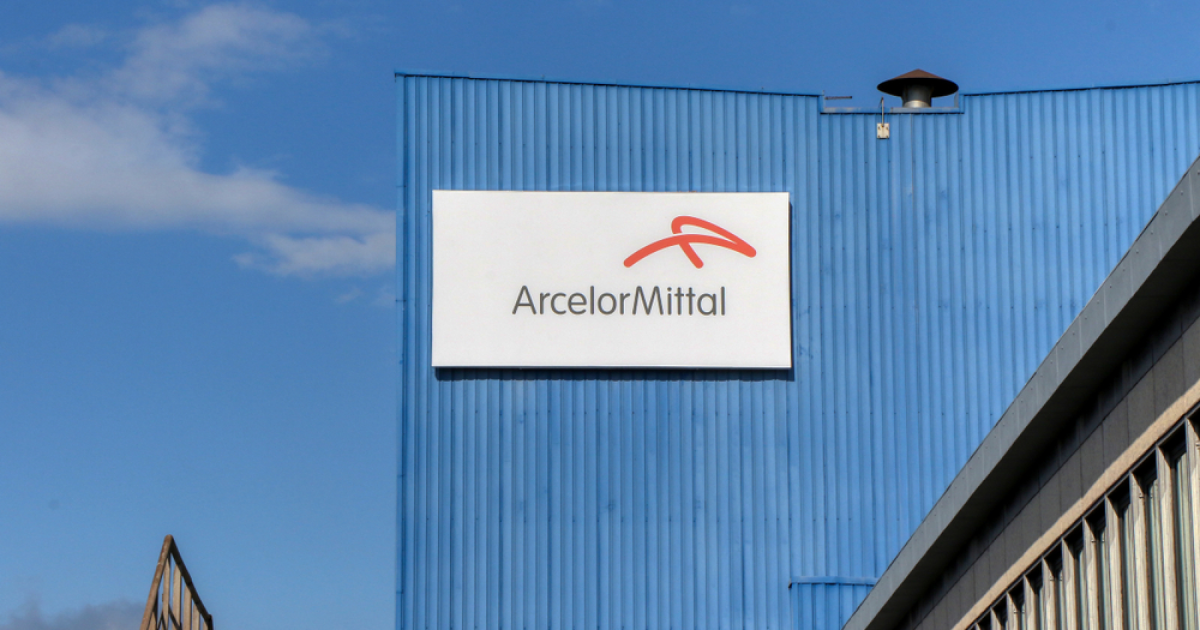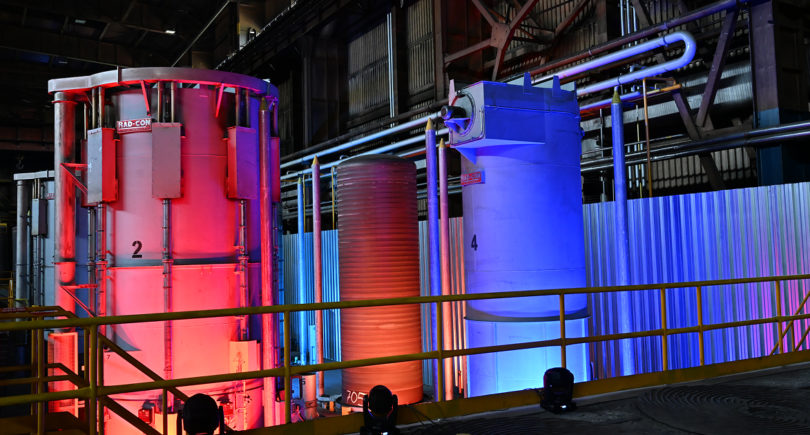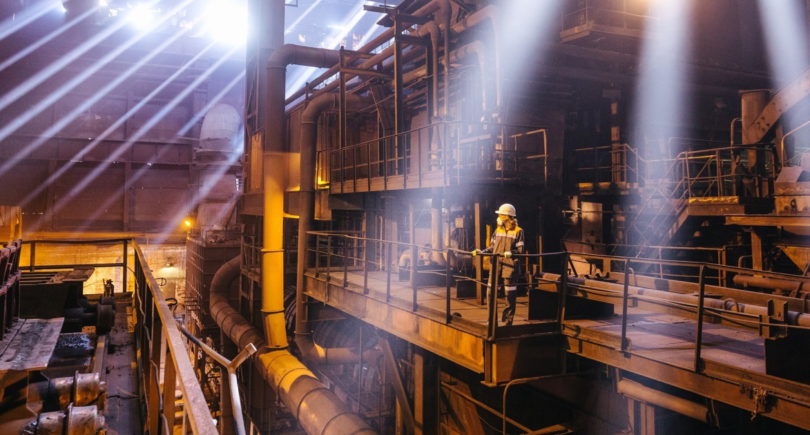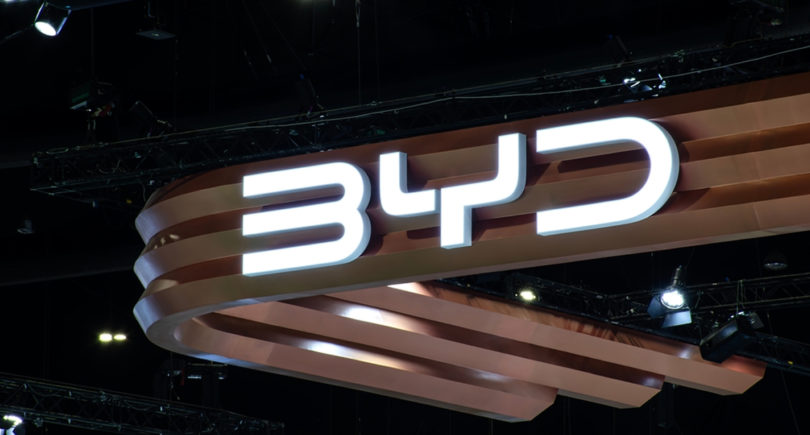
News Companies ArcelorMittal 2291 20 May 2024
The company needs cheap electricity and hydrogen to continue upgrading its German assets
Steel giant ArcelorMittal is calling on the German authorities to adopt a clear industrial policy to continue the green transformation of its assets in the country. The company said in a statement.
Competitive energy prices are a crucial factor for the group’s final €2.5 billion investment decision, which is expected to be made no later than mid-2025. About €1.3 billion of this amount is covered by German government subsidies.
«Only if internationally competitive renewable energy prices and sufficient hydrogen are guaranteed in the long term will the transition to CO2-neutral steel production in Germany be successful,» ArcelorMittal said.
According to the company, despite significant progress and EU-approved funding commitments from the federal government for the planned decarbonization projects at its Bremen and Eisenhüttenstadt plants, the group is facing challenges.
«Decarbonizing production is a priority for us, but current costs and future energy and hydrogen price forecasts pose a major challenge,» emphasizes Thomas Bünger, who heads the company’s German division.
ArcelorMittal believes that an industrial policy aimed at reducing these costs is important to the success of the company and the industry as a whole.
«We need to rapidly expand renewable energy sources and establish domestic hydrogen production while increasing hydrogen imports to make the transformation successful,» added Lutz Bandus, Vice President of ArcelorMittal Europe.
ArcelorMittal is using different technological approaches in Europe to decarbonize steel production. In Germany, it is focusing on converting blast furnaces to natural gas and later on to direct reduction hydrogen furnaces and electric arc furnaces. To be competitive, the price of hydrogen needs to be around €2 per kilogram, which is currently €7-9. In the long term, it is also difficult to ensure the cost-effectiveness of EAF due to the high price of electricity.
At the same time, German Economy Minister Robert Habeck justified the country’s billions of dollars in green transformation of steel mills by the need to avoid the collapse of the industry of entire regions and to ensure steel supplies in times of geopolitical uncertainty, Euractiv reports.
Last year, Germany received approval from Brussels for subsidies to support the steel industry totaling €7 billion, including in such industrial centers as the Saarland and the Ruhr region.
However, this step was criticized by economists. They pointed out the need to restructure sectors that will be forced to rely on state-subsidized electricity due to the relatively higher prices for renewable energy than in other countries. They called on the government to accept the partial relocation of energy-intensive industries.
In an interview for the WELT podcast, Habeck defended the government’s strategy. According to him, without steel production in Germany, entire regions such as the Saarland could actually lose key industries and thus entire value clusters. In addition, the minister argues that steel mills will ultimately stabilize the country’s democracy by preventing populist parties from gaining consensus on the back of economic discontent.
As GMK Center reported earlier, in January-March, Germany increased steel production by 6% y/y – to 9.7 million tons, including 4.6% y/y, to 6.77 million tons, – in converters and 9.4% y/y, to 2.93, – million tons in EDI.




